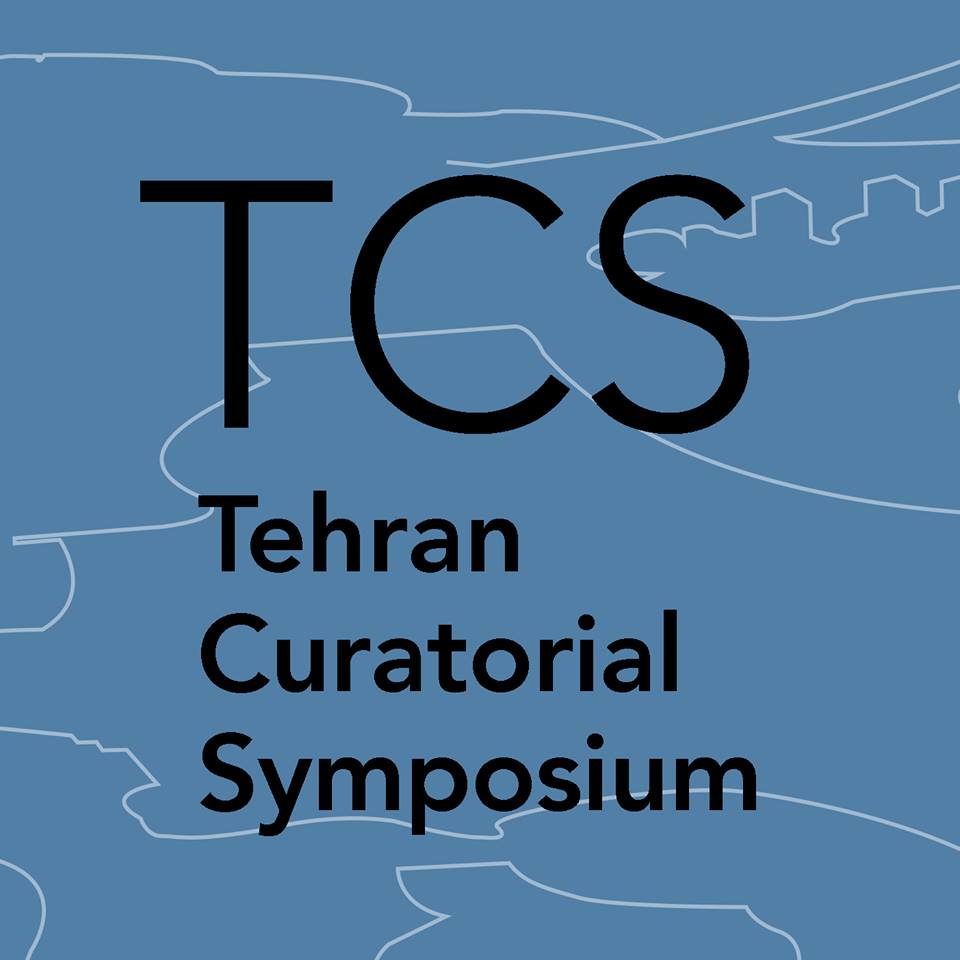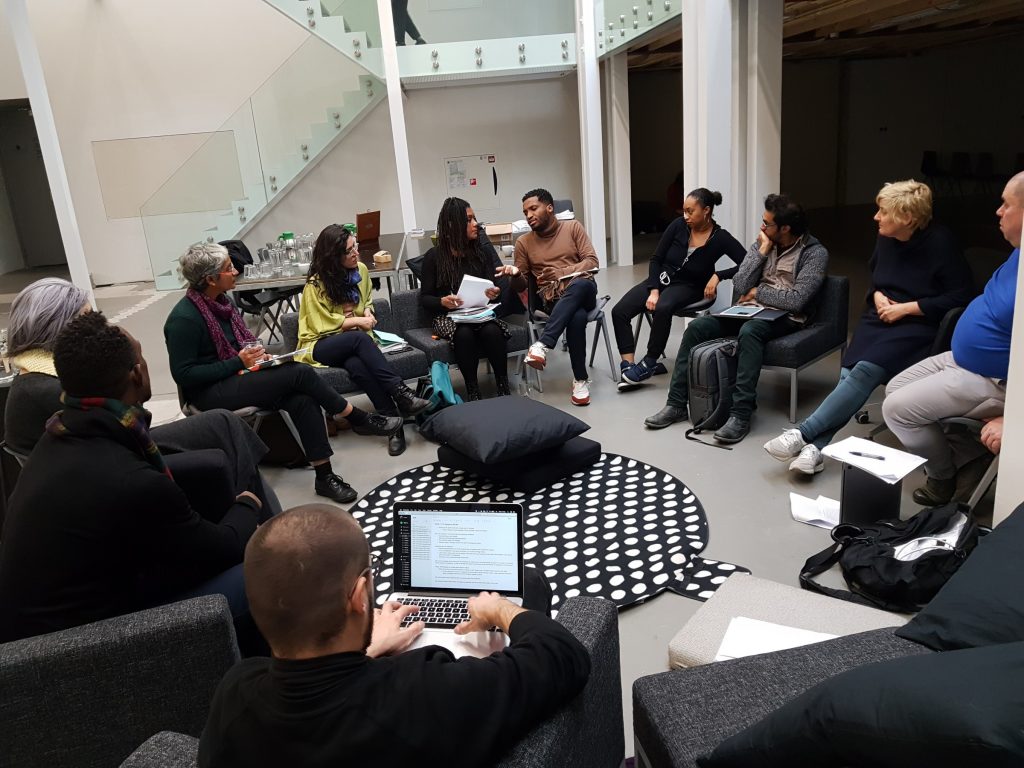Katayoun Arian
Katayoun Arian is a researcher, curator, and writer with a background in art history (Leiden University, Leiden) and a Master’s degree in organization science (Vrije Universiteit, Amsterdam). Her projects range from exhibitions, discursive events, and screenings to reading circles and other forms of interdisciplinary and collaborative work. Curatorial projects include the platform Fwd: Gher Space, Amsterdam, 2017–ongoing; Grada Kilomba: Illusions, Witte de With Center for Contemporary Art, Rotterdam, 2017; I Speak in Tongues, 37PK, Haarlem, 2017; Voices Outside the Echo Chamber: Questioning Myths, Facts and Framings of Migration, 2016, and The End of This Story (And the Beginning of All Others), 2015, both Framer Framed, Amsterdam.


